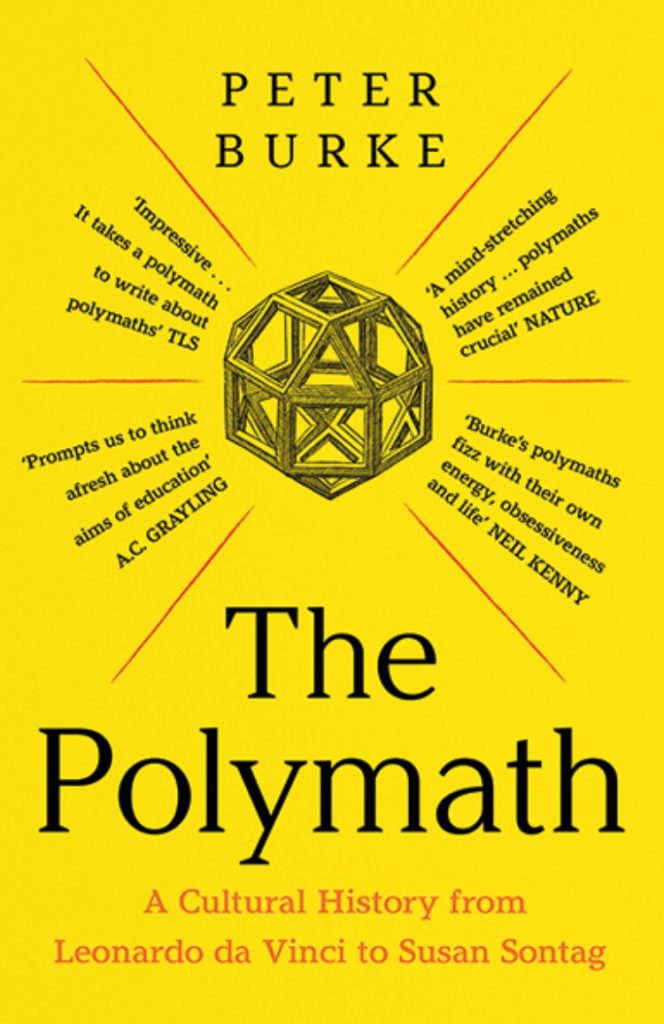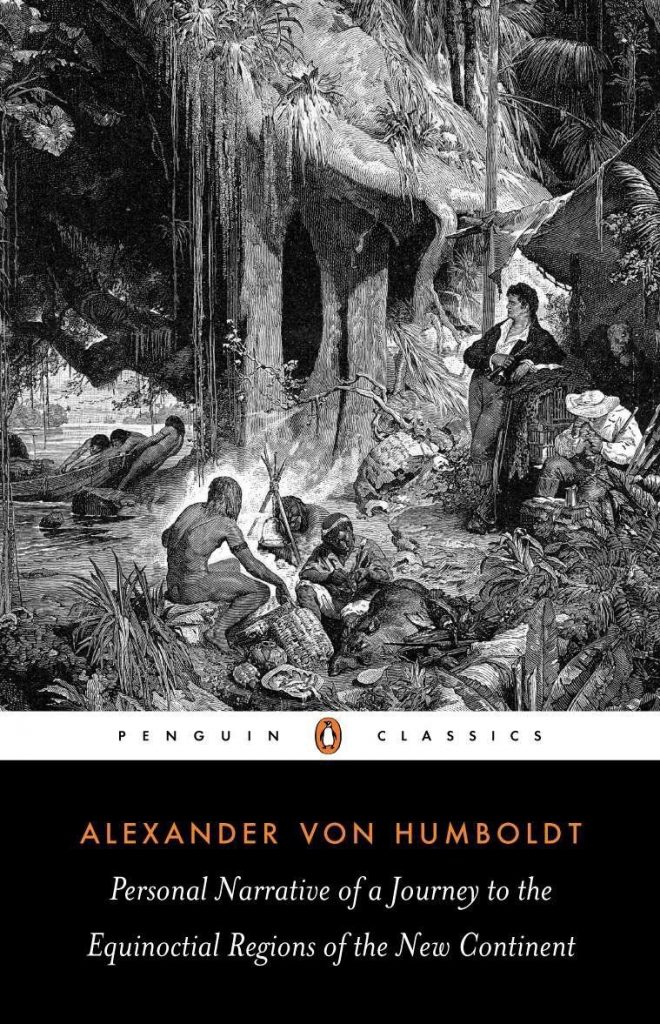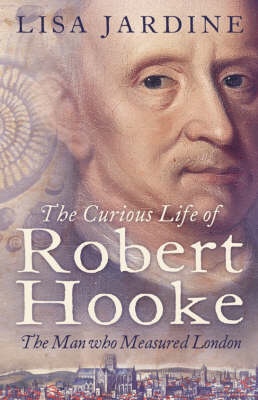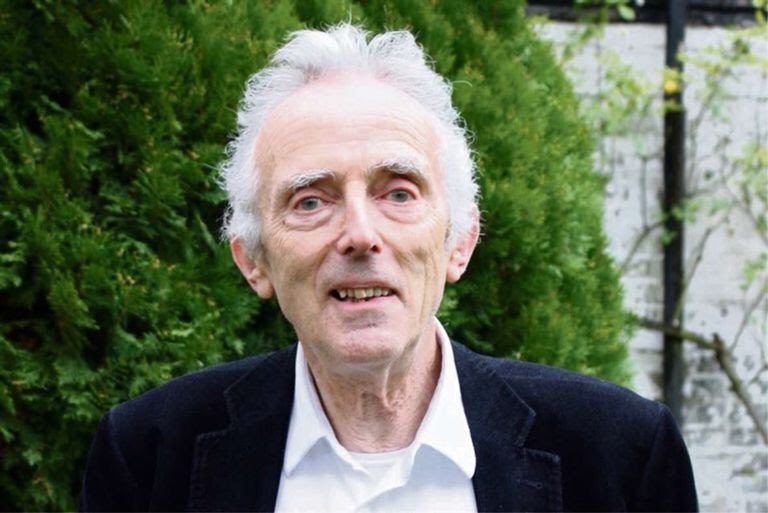

As someone with many and varied interests myself, the idea of the polymath has always exerted a powerful fascination.
Having read books like The Age of Wonder (Richard Holmes) and The Lunar Men (Jenny Uglow), and stuff by or on polymath folk like Darwin, Newton, Kepler, William Herschel and others, my appetite for more knowledge of knowledgeable bods of this ilk is always strong.
So, on a recent visit to a favourite bookshop (that I’d not been to in about three years, thanks to Covid and other things), this caught my eye. I’m very glad I followed my instincts and bought it. I’ve been glued to it ever since.

500 polymaths are covered from ancient Greeks like Eratosthenes, to Jakob ‘Ascent of Man’ Bronowski’s daughter, Lisa Jardine, who actually very briefly taught me, and a bunch of pupils from my VI form, many moons ago.
The biggest chapters are given over to different ‘Ages’, or eras, of polymathery (bagsy coinage of that word!). But the subjects are also considered by type – ‘fox vs hedgehog’ (read the book to find out what this means!), serial, cluster, etc – and character/habitat.
Such an ambitious and broad survey is necessarily brief in how it addresses its many individual subjects. But the daunting maelstrom of names, places, dates and so on, is leavened by the connecting or contextual materials.

I thoroughly enjoyed this book. And have learned of many more polymaths than I knew before. I’m also inspired to do lots of follow up reading. Always a good sign, in my books (so to speak!).
Perhaps inevitably some of the polymaths I expected to read about didn’t make Burke’s list. Here are a few I was surprised not to find: Napoleon (his name appears at least twice, but neither as a polymath, nor even in the index!), William Herschel (his son and grandson, however, are included!), Isaac Asimov, Arthur Koestler and … Stephen Fry!?
But the cast is huge, and dazzling. From those I knew, Hooke, Kepler, Wren, Leibniz, to those I didn’t, Pico, Comenius, Kircher the two Rudbecks, etc. And the book fizzes with the omnivorous hunger and boundless energy of its subjects. Educational, inspiring, hugely enjoyable.

